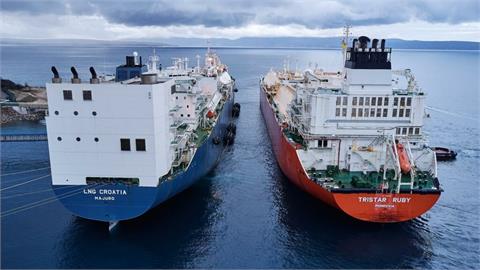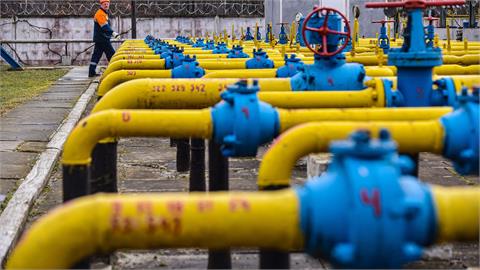Russia's Transneft (TRNF_p.MM) has received requests from Poland and Germany for oil in 2023, the state oil pipeline monopoly's head told Rossiya-24 TV, adding that supplies via the Druzhba pipeline's southern spur are expected to hold steady next year.
The EU has pledged to stop buying Russian oil via maritime routes from Dec. 5, with Western nations also imposing price caps on Russian crude oil, but the Druzhba pipeline remains exempt from sanctions.
Transneft's comments are at odds with suggestions last month that Poland aimed to abandon a deal to buy Russian crude. Sources familiar with the talks had told Reuters that Poland was seeking German support for EU sanctions on the Polish-German section of the Druzhba pipeline so that Warsaw could abandon a deal to buy Russian oil next year without paying penalties.
"They announced that they would not take oil from Russia from Jan. 1. And now we have received requests from Polish consumers: give us 3 million tonnes next year, and 360,000 tonnes for December, and Germany has already submitted a request for the first quarter," Transneft head Nikolay Tokarev said on Tuesday.
He also didn't rule out swap operations with Kazakhstan in supplying oil to refineries in Germany.
Polish refiner PKN Orlen said on Tuesday it will not extend a contract for Russian oil which expires in January 2023, while a second long-term agreement for Russian crude will cease to be implemented once sanctions are in place.
A German economy ministry spokesperson said reports that Germany had ordered Russian crude oil were false and the mineral oil companies at the eastern German refineries in Leuna and Schwedt are no longer ordering Russian crude for the next year.
Berlin aims to eliminate Russian oil imports by the end of the year and has for months been working with Poland to try to secure supply for Schwedt, which provides 90% of Berlin's fuel.
Germany's economy ministry is optimistic Kazakh oil, which would come through the Druzhba pipeline via Poland, can help supplement replacement crude oil shipments for Schwedt.
Schwedt has reserved corresponding capacities for Kazakh oil in the pipeline system as of January, said the spokesperson, who added that these did not constitute orders.
PLANS
"We are considering all the options ... circumstances are developing in such a way that it is rather difficult to predict how the market situation will develop next year, but it is obvious that it will not be easy," Tokarev said.
Transneft, which handles more than 80% of total oil produced in Russia, has cranked up oil exports by a fifth this year, he added.
Russia expects to reduce oil production next year to 490 million tonnes, or 9.84 million barrels per day (bpd), from the 525 million to 530 million tonnes (10.54 million bpd to 10.64 million bpd) expected this year in the face of Western sanctions over Ukraine.
Tokarev also said that oil supplies via the southern spur of Druzhba, which transports oil through Ukraine to Slovakia and the Czech Republic, will remain unchanged next year thanks to a ssanctions exception.
The Black Sea port of Novorossiisk has expanded export capacity for low-sulphur oil to 40 million tonnes a year, he said, adding that oil supplies via the Caspian Pipeline Consortium from the Black Sea terminal are expected at between 50 million and 51 million tonnes this year, down from a planned 63 million tonnes because of repairs.
Exports via the far eastern port of Kozmino are expected to total 42 million tonnes this year, exceeding usual annual capacity of 30 million tonnes, Tokarev said.
(Reuters, December 20, 2022)



